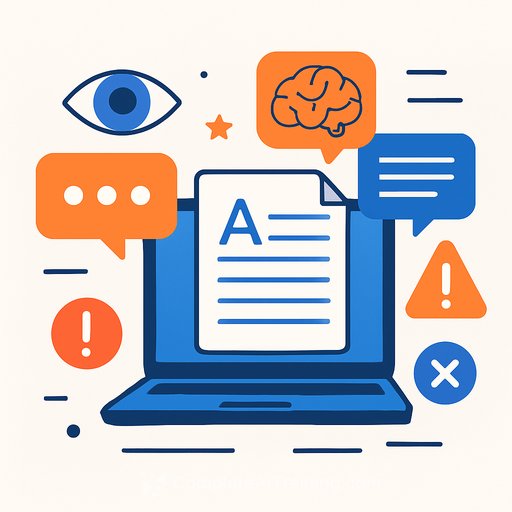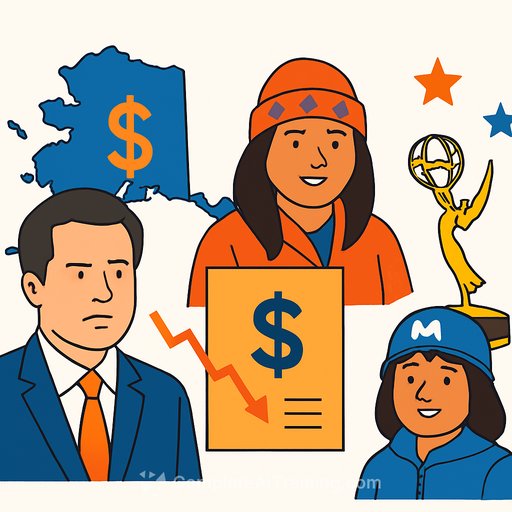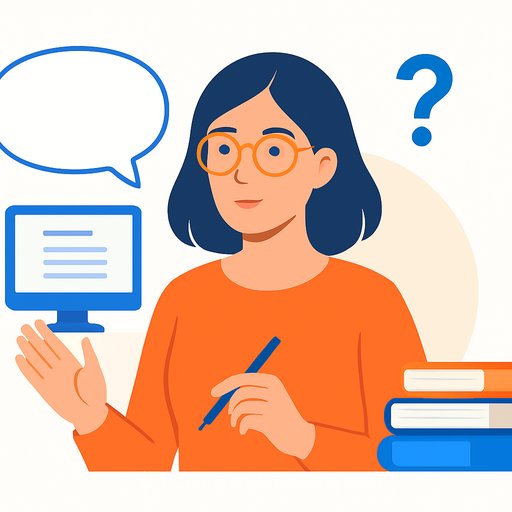Judge approves $1.5B Anthropic settlement: what writers need to know and do next
A federal judge in San Francisco has approved a $1.5 billion settlement between Anthropic and authors/publishers who allege nearly 500,000 books were pirated to train AI chatbots. The agreement pays about $3,000 per covered book and applies to past uses only - not future works.
U.S. District Judge William Alsup approved the deal after requiring stronger notice and a clear claims process to ensure authors don't "get the shaft." You will receive formal notice if your work is included, with the option to claim payment or opt out.
Who is likely covered
- Authors and publishers whose books were included in datasets that Anthropic allegedly obtained from pirate sites to improve its Claude chatbot.
- The settlement applies to the specific list of covered books; it does not cover future titles.
- Formal notices will be issued; watch for communication via recognized organizations and official channels.
Key terms at a glance
- Approx. $3,000 per eligible book under the agreement.
- Claims required: You must file to receive payment.
- Opt-out available: Keep your right to sue separately if you choose.
- Past conduct only: Future uses of your work are not covered.
What to do now
- Watch for an official notice. Verify announcements on trusted sites like the Authors Guild and the Association of American Publishers.
- Compile proof of ownership: ISBNs, editions, publication dates, contracts, and pen names.
- Decide in advance whether you might opt out. If you have substantial damages or strategic reasons, talk to your agent or an attorney.
- Be cautious with links in emails. Confirm any claims site via official organizational channels before submitting data.
Timeline and process
Before approval, the judge required the parties to show a strong notification plan and a claims form for review. With approval granted, expect broad outreach to eligible authors and publishers and a structured claims window.
If you believe your work was used but you don't receive notice, check with recognized organizations and your publisher once details are public.
Context that affects your rights
In a June ruling, Judge Alsup held that training AI on copyrighted books isn't illegal by itself, but Anthropic wrongfully acquired millions of books from pirate sites. That distinction matters for future lawsuits and licensing models.
Author Andrea Bartz, one of the plaintiffs, backed the settlement, saying it signals that AI companies must respect authors' intellectual property. Judge Alsup also stated he plans to step down from the bench by year's end.
Practical implications for your writing business
- Expect more licensing deals. Consent and compensation for training datasets are becoming standard.
- Update your contracts. Add clauses covering data-mining, training, and AI outputs, including notice and compensation terms.
- Track your titles. Keep a clean catalog of editions, formats, and territories to speed up claims.
- Register your works. Registration strengthens your position in any future disputes.
- Plan for the future. This settlement doesn't cover new books - monitor how your upcoming releases may be used by AI companies.
Where to get verified updates
If you use AI in your workflow
If you're experimenting with Claude, learn safe, rights-aware workflows and how to keep proprietary material out of training data. You can explore focused training here: AI Certification for Claude.
Your membership also unlocks:






